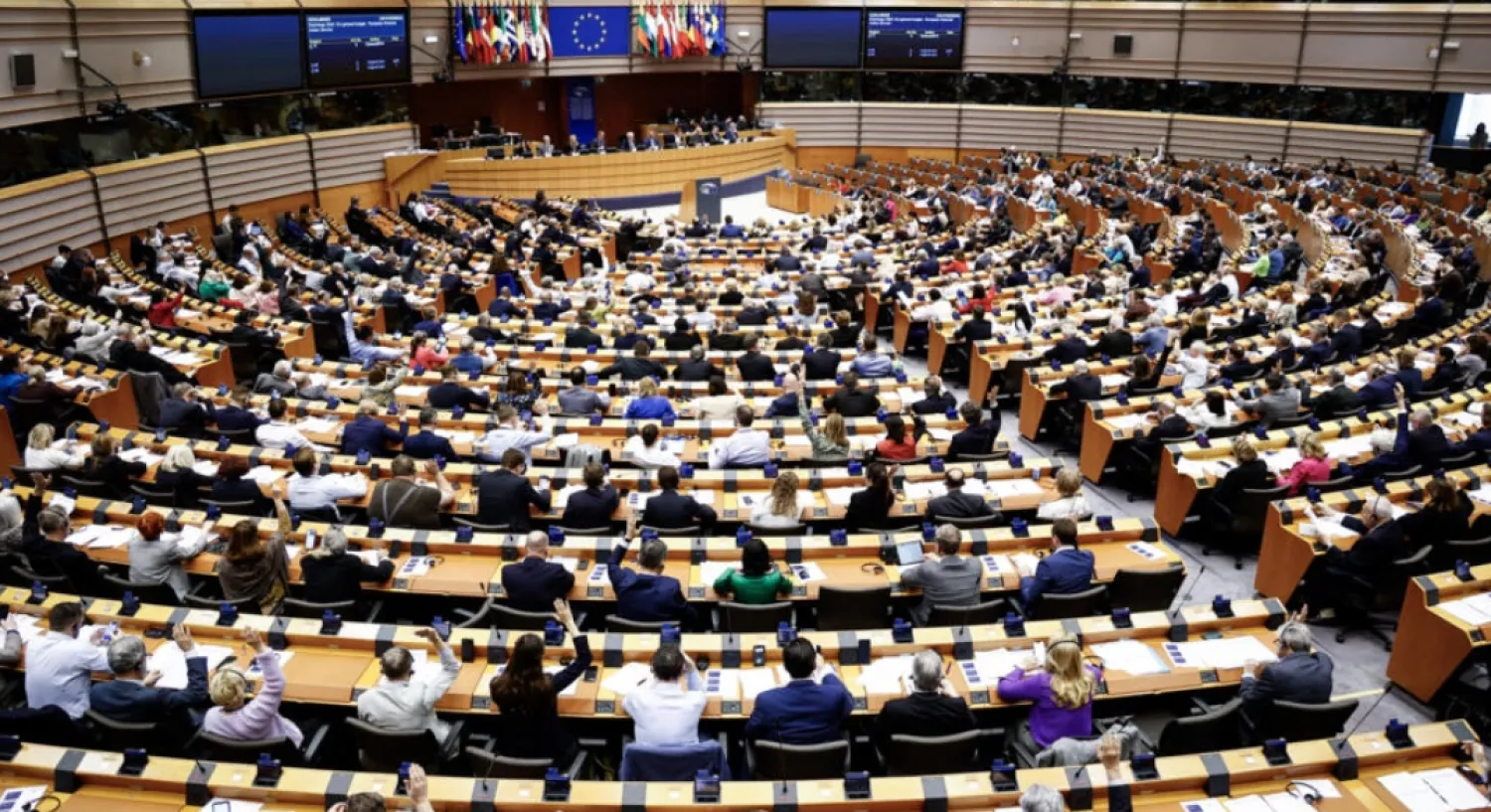Belgian prosecutors have opened a probe into Russian “interference” in the European Parliament following allegations lawmakers were paid to spread Kremlin propaganda, Belgian Prime Minister Alexander De Croo said Friday.
“Our judicial authorities have now confirmed this interference is subject to prosecution,” De Croo said.
“The cash payments did not take place in Belgium, but the interference does. As Belgium is the seat of the EU institutions, we have a responsibility to uphold every citizen’s right to a free and safe vote.”
He said a summit of EU leaders next week would discuss the allegations which have been raised just ahead of bloc-wide elections in June to choose a new parliament, AFP reported.
De Croo said Moscow’s “clear” objectives were to “help elect more pro-Russian candidates to the European Parliament and reinforce the pro-Russian narrative in that institution”.
A spokesperson for Belgium’s prosecutors’ office confirmed to AFP that a probe was started on Thursday.
The Czech Republic last month said its intelligence service had discovered a network that used EU lawmakers to spread Russian propaganda through the Prague-based Voice of Europe news site.
Belgium says its own services have determined that some of the lawmakers had been paid to promote Moscow’s propaganda.
“If there would be a type of bribery—and our services indicate that payments have taken place—while you need two sides for that to happen, you have people who organise it, but you also have people to receive it,” De Croo said.
EU lawmakers face strict rules regarding independence and ethics and can face penalties—financial and otherwise—if they violate them.
The Greens grouping in the European Parliament and a Czech daily said the lawmakers under suspicion came from Belgium, France, Germany, Hungary, the Netherlands and Poland.
The political news website Politico said it identified 16 EU lawmakers who had appeared on Voice of Europe, all of them far-right politicians.
The Czech newspaper Denik N and Germany’s Der Spiegel magazine named two top German candidates from the far-right Alternative for Germany (AfD) party, Petr Bryston and Maximilian Krah, as politicians suspected of receiving Russian funds to spread the Kremlin talking points.
Bryston and Krah have denied receiving any payments. Denik N reported that Czech secret services had an audio recording implicating Bryston.
The European Parliament’s main political groups have called for the legislature to also probe the alleged propaganda-peddling.
The revelation comes a year after the “Qatargate” bribery scandal, in which a number of EU lawmakers were accused of being paid to promote the interests of Qatar and Morocco. Both states have denied the accusations.









